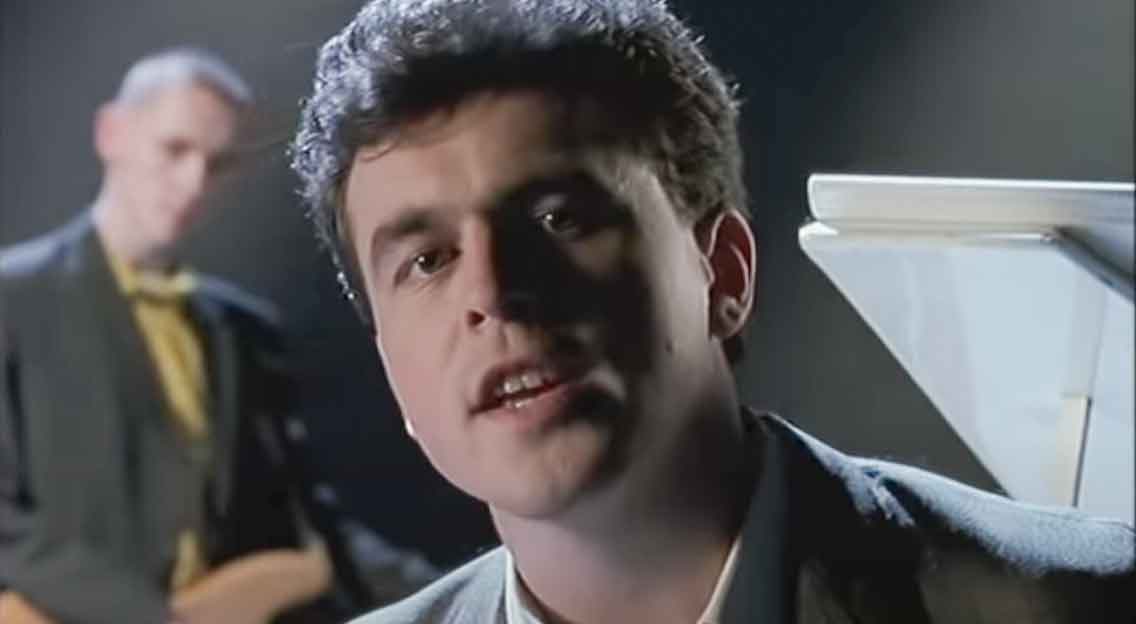If you first heard “Song for Whoever” drifting out of the radio in 1989, you might’ve thought it was just another sweet little love song. Soft piano, warm vocals, a gentle pace — it’s all very polite and pleasant. But listen closer, and you’ll realize: this isn’t a love song at all. It’s a love song about love songs — and it’s absolutely taking the piss.
Deadpan and Brilliantly Ironic
This was the debut single from The Beautiful South, formed by ex-Housemartins frontman Paul Heaton. Right from the start, they made it clear they weren’t interested in following the rules of mainstream pop. “Song for Whoever” is about a man who writes love songs purely for fame and profit — and the women he serenades are little more than marketable names in his lyrics.
Heaton sings, “I love you from the bottom of my pencil case,” and name-drops fictitious girlfriends like Jennifer, Alison, Philippa, Sue… It’s tongue-in-cheek, dry as sandpaper, and sharply critical of the music industry’s love-affair-with-love.
And yet — it’s still catchy. That’s the trick. It’s gently mocking the very thing it pretends to be, but does it so well that you still find yourself humming along like it’s a proper ballad.
A Hit With a Wink
Despite (or maybe because of) its sarcasm, “Song for Whoever” became a surprise hit. It reached #2 in the UK Singles Chart in 1989, proving that even cynical, postmodern pop could still sell — especially if it came wrapped in a gorgeous melody.
It was the perfect introduction to The Beautiful South’s whole vibe: deceptively sweet-sounding songs with often bitter, satirical, or downright bleak lyrics. It’s that contrast that made them stand out — they sounded like the safe choice on the surface, but they were quietly subversive underneath.
Still Hits a Nerve
Even today, “Song for Whoever” feels weirdly relevant. We’re still flooded with love songs that don’t always ring true, and the song’s take on romance as product hasn’t aged a day. It’s funny without being smug, clever without being cold — the musical equivalent of someone smiling at you while quietly dismantling your assumptions.
It’s not just a song. It’s a wink. And a little nudge that says, “You know this is all a bit ridiculous, right?”

